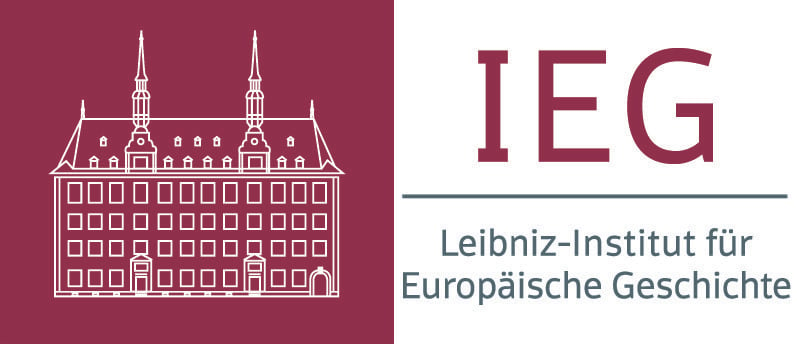Leibniz Institute of European History (IEG) is now accepting applications from young academics (doctoral and postdoctoral researchers) for its 2023 fellowships. The deadline for the submission of applications is 15th August 2022.

Leibniz Institute of European History (IEG) Fellowships 2022 is calling for applications. The institute awards research fellowships to young academics (doctoral and postdoctoral researchers) from Germany and abroad.
Funding is provided for both doctoral and postdoctoral research dealing with the religious, political, social and cultural history of Europe from the early modern period to 1989/90. Comparative, transnational and transfer-historical research projects are particularly welcome, as are projects which deal with topics of intellectual, church or theological history.
The fellowships are exclusively for the purpose of conducting the research project described in the application at the IEG. Thus, no other form of employment or funding can be pursued or availed of during the duration of the fellowship.
Leibniz Institute of European History (IEG) Fellowships Eligibility
- Open to PhD students from Germany and abroad who have at least a Masters level degree in history, theology or another discipline which works historically.
- They must have been pursuing their doctorate for no more than three years at the time of taking up the fellowship, though exceptions may be made in exceptional circumstances.
Leibniz Institute of European History (IEG) Fellowships Value
- IEG Fellowship for doctoral students have a monthly value of € 1,350.
- Fellowship holders whose partners accompany them to Mainz and do not have an income of more than 450 euros per month may receive a family allowance. Indicate in your application whether your partner accompanies you to Mainz.
- Fellows who come to Mainz accompanied by their underage children can apply for child allowance.
How to Apply for Leibniz Institute of European History (IEG) Fellowships
Provide the following attachments in the following order:
- the completed application form
- curriculum vitae and a list of publications (if applicable) (please do not send photographs)
- an outline of the Ph.D.-thesis (up to 15,000 characters excluding footnotes and spaces)
- the structure of the Ph.D.-thesis
- a detailed timetable for the intended stay at the Institute
- copies of university transcripts and proof of language competence
Applications should be submitted by email to: [email protected]
Leibniz Institute of European History
The Directors
Prof. Irene Dingel and Prof. Johannes Paulmann
Re: Fellowship Application
RECOMMENDED: Check Here for More Scholarships and Opportunities.
Disclaimer: This article is provided for general information purpose only and may contain data fetched from third party sources; hence, we do not endorse its accuracy. For more details, kindly visit the Source. Please report any fake news or false statement to Our Support Team. If you are the original owner of this content and wish it to be removed on this platform, kindly forward your request to Our Support Team.




